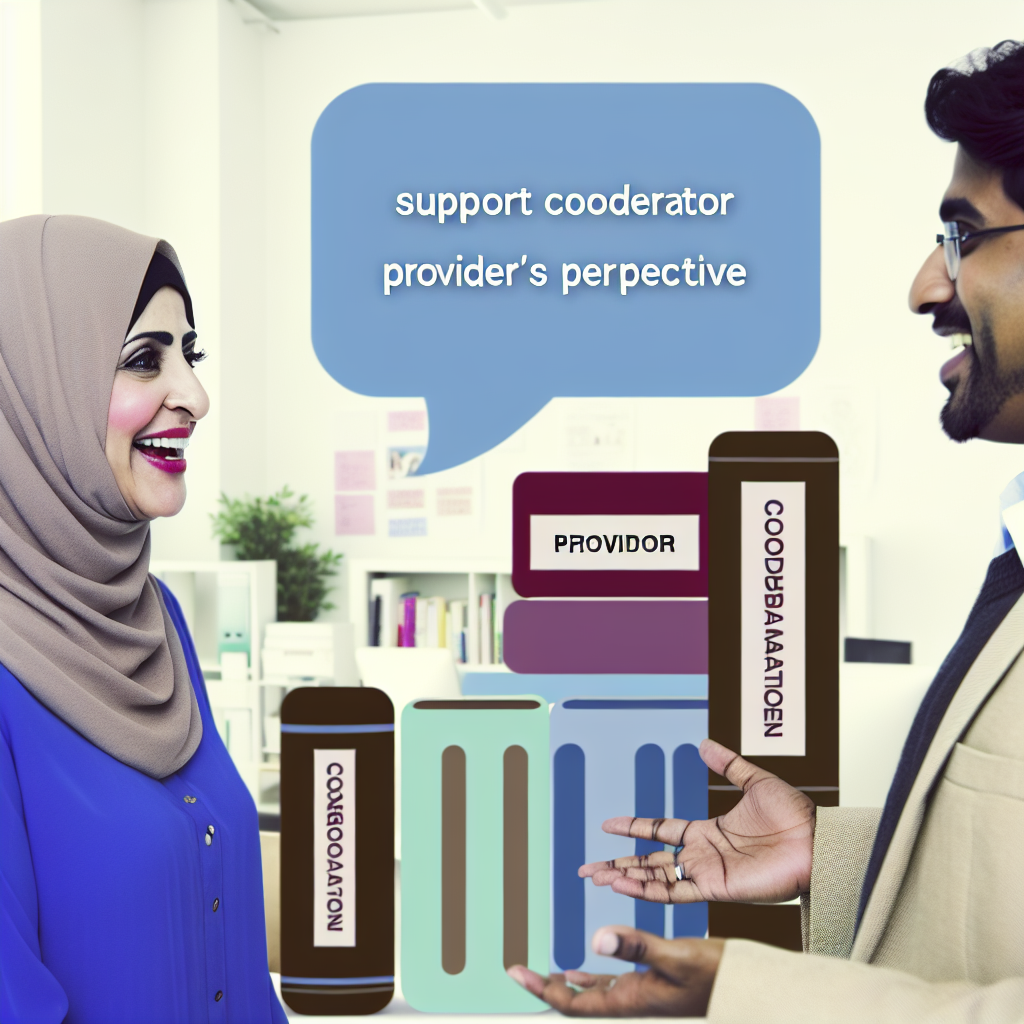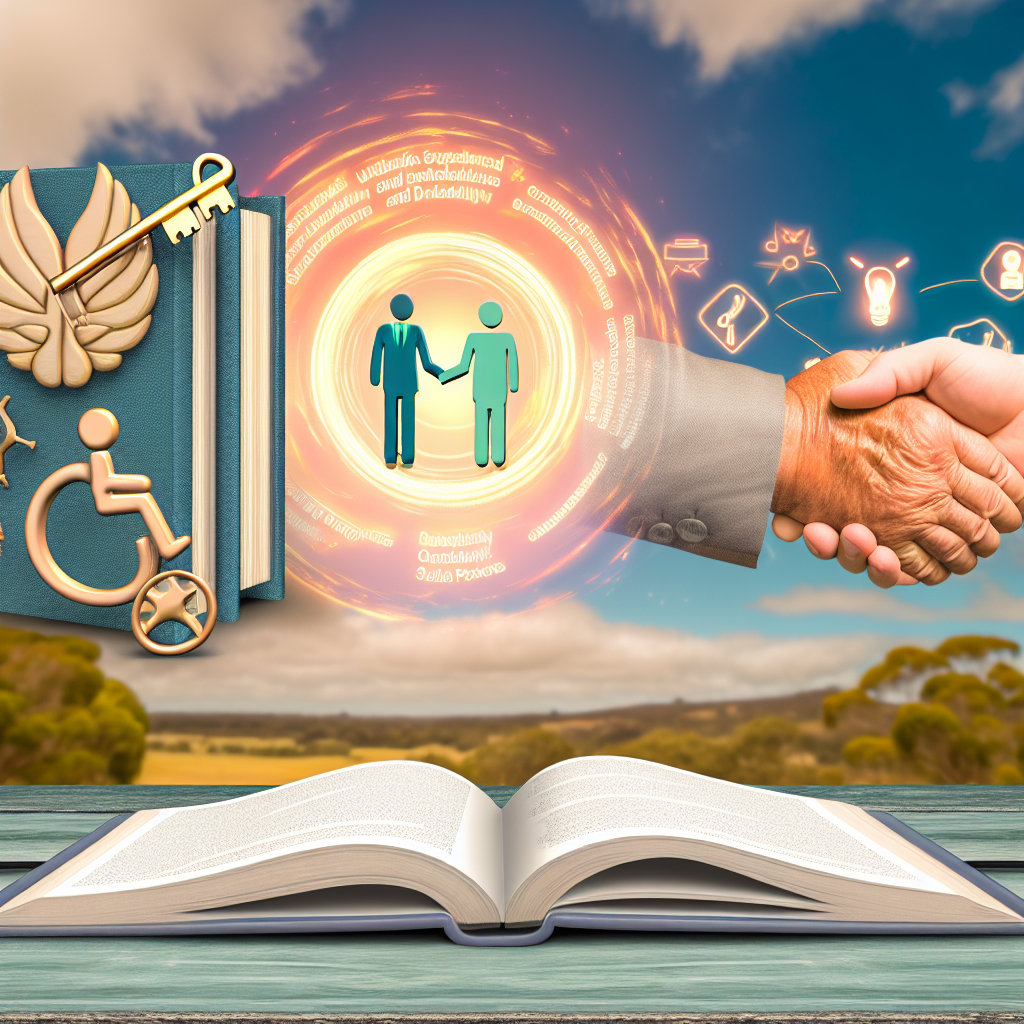What is the NDIS and Who Can Access It?
The National Disability Insurance Scheme (NDIS) is a government-funded scheme that provides individualised support and funding for people with permanent and significant disability, as well as their families and carers1. The NDIS can help people with disability to access the services and supports that are reasonable and necessary for them to achieve their goals and participate in their communities1.
The NDIS is not a welfare system, but a social insurance scheme that aims to invest in people with disability and their potential. The NDIS is based on the principles of choice, control, inclusion, and human rights. The NDIS recognises that disability is part of human diversity and that people with disability have the same right to dignity, respect, and equality as anyone else1.
To access the NDIS, people with disability must meet the eligibility criteria, which include having a permanent impairment that significantly affects their ability to take part in everyday activities, being aged less than 65, and being an Australian citizen or holding a permanent visa or a Protected Special Category visa1. The NDIS website1 has more information about how to check your eligibility and apply for the scheme.
What are the Disabilities Funded by the NDIS?
The NDIS has a list of conditions that are likely to meet the disability requirements for the scheme, which are divided into three categories: List A, List B, and List C23. List A includes conditions that are severe and permanent, and do not require further assessment or evidence to prove their eligibility. List B includes conditions that are likely to result in a permanent impairment, but may require further assessment or evidence to determine their functional impact and support needs. List C includes conditions that require early intervention to reduce their future impact and improve their functional capacity23.
Some of the disabilities that are funded by the NDIS include:
- Intellectual disability
- Autism
- Cerebral palsy
- Genetic conditions that result in severe intellectual and physical impairments, such as Down syndrome, Fragile X syndrome, or Rett syndrome
- Spinal cord injury or brain injury resulting in paraplegia, quadriplegia, or tetraplegia
- Permanent blindness in both eyes
- Alzheimer’s disease
- Parkinson’s disease
- Motor neuron disease
- Huntington’s disease
- Multiple sclerosis
- Epilepsy
- Cystic fibrosis
- Deafness or hearing impairment
- Speech impairment
- Amputation or limb deficiency
- Muscular dystrophy
- Spina bifida
- Rheumatoid arthritis
- Chronic pain
- Post-traumatic stress disorder
- Anxiety disorder
- Depression
- Schizophrenia
- Bipolar disorder
- Eating disorder
- Obsessive-compulsive disorder
- Autism spectrum disorder
- Attention deficit hyperactivity disorder
- Tourette syndrome
- Developmental delay
- Fetal alcohol spectrum disorder
- Sensory processing disorder
- Dyslexia
- Dyscalculia
- Dysgraphia
- Dyspraxia
- And many more.
This is not a complete or exhaustive list of disabilities that are funded by the NDIS, as each person’s situation and needs are different and unique. The NDIS website1 has more information about the list of conditions and the disability requirements.
How Does the NDIS Work?
The NDIS works by providing people with disability with an individualised plan that outlines their goals, needs, and preferences, and the reasonable and necessary supports and funding they need to achieve them. The NDIS plan is developed in consultation with the person with disability, their family and carers, and their support coordinator, who is a professional who helps them to access and manage their plan. The NDIS plan is reviewed and updated regularly to reflect the person’s changing needs and circumstances1.
The NDIS plan can include a range of supports and services, such as personal care, home modifications, assistive technology, transport, education, employment, social and recreational activities, and therapy. The person with disability can choose the providers and organisations that deliver their supports and services, and how they want to manage their plan and funding. The person with disability can also access mainstream services and community supports that are available to everyone, such as health, education, housing, and transport1.
The NDIS is designed to be flexible and responsive to the needs and aspirations of people with disability. The NDIS empowers people with disability to have more choice and control over their lives, and to pursue their goals and dreams. The NDIS also supports the families and carers of people with disability, by providing them with information, resources, and respite. The NDIS aims to create a more inclusive and accessible society for people with disability, where they can live with dignity, respect, and equality1.
The NDIS is a landmark reform that has transformed the lives of many people with disability and their families and carers. The NDIS is a scheme that is funded by all Australians, for all Australians. The NDIS is a scheme that is built on the values of human rights, social justice, and diversity. The NDIS is a scheme that is making a difference.








